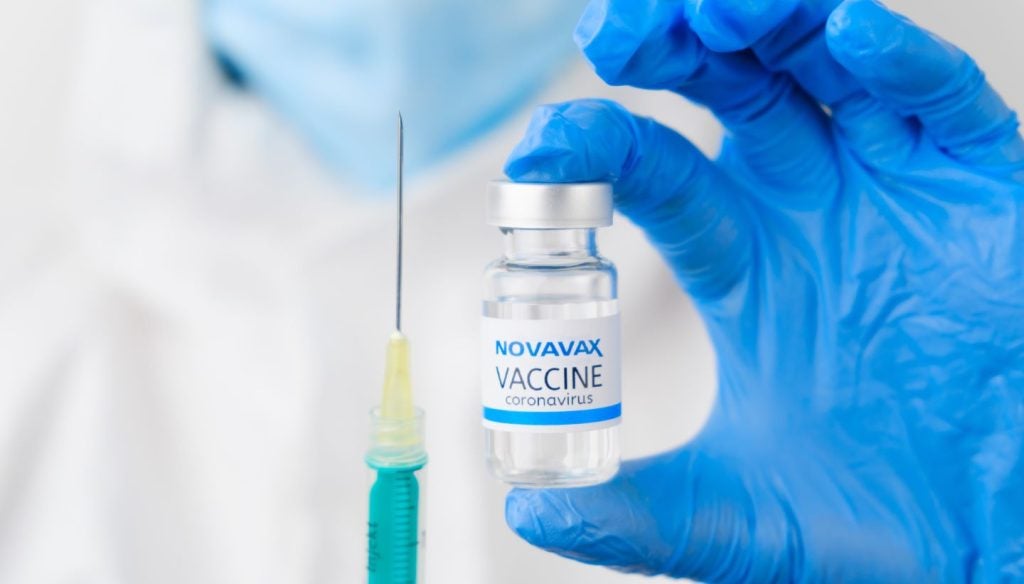Novavax has submitted an application to the US Food and Drug Administration (FDA) seeking approval for an updated JN.1 version of its protein-based Covid-19 vaccine, NVX-CoV2705, for individuals aged 12 years and above.
The company has sought an amendment to its emergency use authorisation to the Covid-19 vaccine.
The move aligns with recommendations from the FDA, European Medicines Agency (EMA), and the World Health Organization (WHO) to target the JN.1 lineage for the upcoming fall season.
In June 2024 the FDA’s Vaccines and Related Biological Products Advisory Committee recommended the development of an updated Covid-19 vaccine to target the JN.1 variant for 2024 to 2025.
The JN.1 vaccine by Novavax has shown promising results, with broad cross-neutralising antibodies effective against variant strains including KP.2 and KP.3. These findings suggest the vaccine could offer protection against evolving variants.
According to nonclinical studies, Novavax's JN.1 vaccine elicits a comprehensive neutralisation response to JN.1 lineage viruses, including those with the F456L and R346T mutations, and to the variants FLiRT and FLuQE.
The updated NVX-CoV2705 specifically targets the parent strain of the KP.2 and KP.3 variants.
Novavax plans to have the doses ready for distribution in the US by mid-July 2024, subject to the FDA authorisation and CDC recommendation.
The company is poised to deliver promptly to US customers and is engaging with other global regulatory bodies for the vaccine's authorisation or approval.
NVX-CoV2705 is an enhanced version of Novavax's initial Covid-19 vaccine, NVX-CoV2373, formulated to combat the JN.1 variant.
The vaccine's ready-to-use liquid formulation and storage requirements of 2° to 8°C facilitate integration with existing vaccine supply chains and cold chain infrastructure.
Novavax president and CEO John Jacobs stated: “Novavax is committed to having a protein-based Covid-19 option available at the start of the vaccination season, which is critical because research suggests that providing vaccine choice, along with healthcare provider recommendations, may help improve vaccination rates.”









